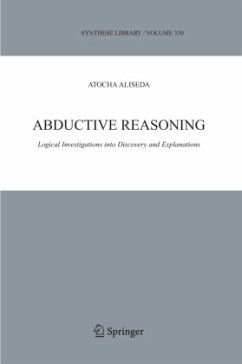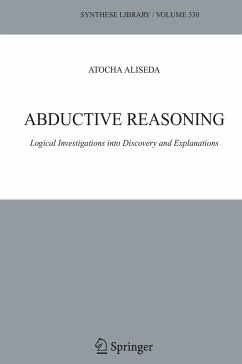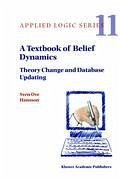
Debate Dynamics: How Controversy Improves Our Beliefs
Versandkostenfrei!
Versandfertig in 6-10 Tagen
76,99 €
inkl. MwSt.
Weitere Ausgaben:

PAYBACK Punkte
38 °P sammeln!
Is critical argumentation an effective way to overcome disagreement? And does the exchange of arguments bring opponents in a controversy closer to the truth? This study provides a new perspective on these pivotal questions. By means of multi-agent simulations, it investigates the truth and consensus-conduciveness of controversial debates. The book brings together research in formal epistemology and argumentation theory. Aside from its consequences for discursive practice, the work may have important implications for philosophy of science and the way we construe scientific rationality as well.














